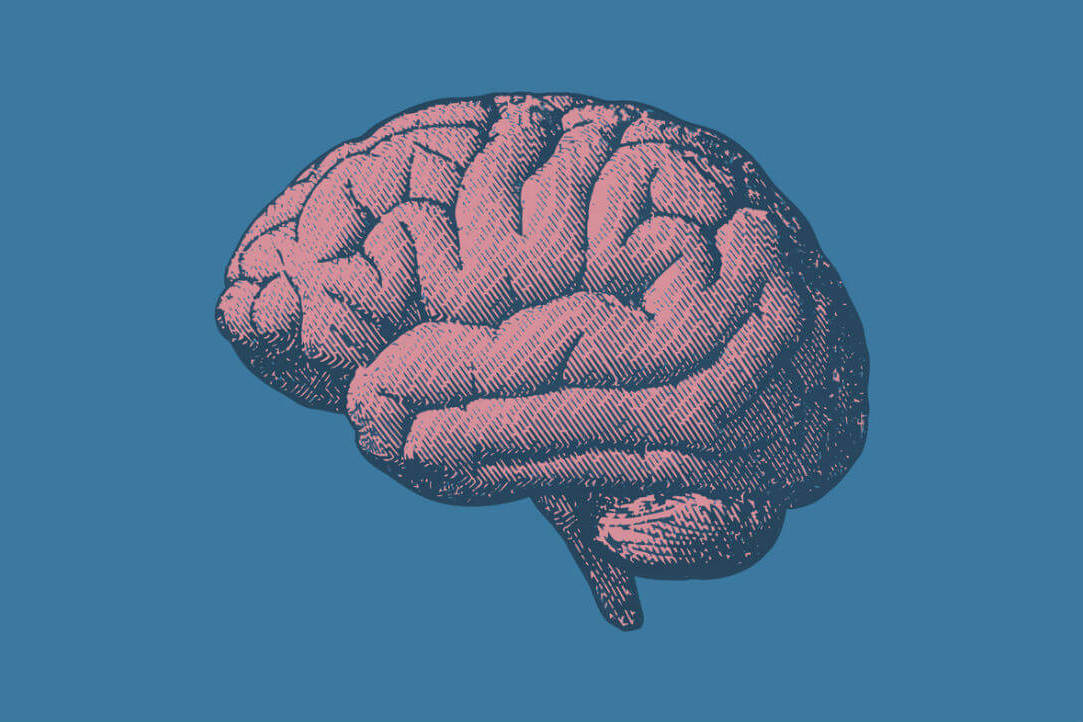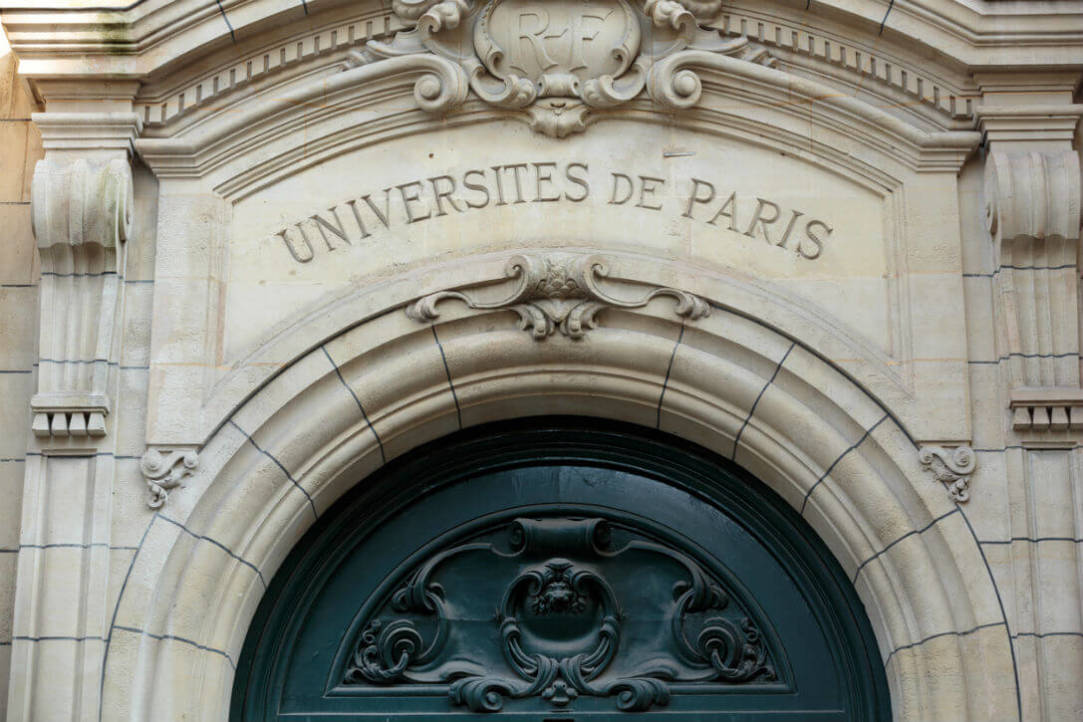
Researchers Discover Brain Cortex Activity Differences in Children with Arthrogryposis
Researchers from the Higher School of Economics and the Turner Scientific and Research Institute for Children’s Orthopedics have discovered that in children with arthrogryposis, the power of electrical activity in the brain cortex decreases, while its dynamics remains the same as in healthy children. The results of the study were published in the paper ‘Characteristics of electrophysiological activity of the cerebral cortex in children with arthrogryposis’.

National Recipes: How Russian and French Students Cope with Stress
Due to differences in cultural traditions and social standards, people from various countries pursue different behaviour strategies in difficult situations. For example, some become introverted, while others seek other people’s help. Elena Chebotareva, a psychologist from HSE, compared the coping strategies used by French and Russian students, as well as their impact on psychological well-being.
Progressive Movement: Researchers Study Factors Behind Interregional Student Mobility
Benchmark data and the standard of living in the regions of Russia affect student mobility, according to a study by HSE Centre for Institutional Studies researchers Ilya Prakhov and Maria Bocharova. Strong graduates from more educated and wealthy families are more likely to enrol in a university far from home, but the economy usually affects such a decision. High wages draw students towards the regions, while a high cost of living pushes them away.
Scientists at the Higher School of Economics Propose a New Model for the Specialization of Cells
Mathematicians at the Higher School of Economics have developed a model that explains how cell specialization arises in the context of resource constraints. The results are published in PLOS One journal.

Ageing Europe: Which Parts of Europe Have the Youngest and Oldest Populations?
Demographers have created a detailed colour map of population ageing in European countries; a collection of demographic stories, it uses colour coding to indicate the varying stages of population ageing across Europe. By looking at the map, you can easily spot areas with a higher concentration of older people, countries with the youngest populations and the main destinations for workforce flows. The map's author Ilya Kashnitsky comments on some of the demographic stories it tells.

Mathematicians Propose First Continuous Self-organised Criticality Model
An international group of researchers (the first author is Nikita Kalinin, HSE Saint-Petersburg, the last author is Ernesto Lupercio, CINVESTAV, Mexico) has presented the first continuous model describing self-organised criticality. The proposed solution is simpler and more universal than the classical sandpile model: it integrates areas as remote from one another as economics, developmental biology and gravity in the context of tropical geometry. The paper was published in PNAS.
Psycholinguists Build Eye-tracking Database on Reading in Russian
Researchers from the Higher School of Economics, St. Petersburg State University, and the University of Potsdam have created the first ever database comprised of eye-tracking data collected during reading in Russian. The results are openly available and can be used not only in linguistics, but also in the diagnosis and correction of speech disorders, for example. The research was published in the journal Behavior Research Methods.

Control Groups: Teenagers’ Knowledge Can Be Predicted Based on Their Social Media Interests
High school students’ membership in certain social media groups can be used to predict their academic performance, as demonstrated by Ivan Smirnov in his research. The analysis of school students’ membership in groups and communities was used to detect low-performing and high-performing students.
Researchers Determine Space Weather near Earth’s Closest Exoplanet
Researchers from the Higher School of Economics and Space Research Institute (Russia) have calculated the main parameters that determine space weather close to the nearest Earth-like exoplanet, Proxima Centauri b. Such parameters include solar wind, as well as galactic and solar cosmic rays. The results of the research were published in Astronomy Letters.
Window into the Brain: HSE Researchers Are Developing a New Generation of MEG Devices
In collaboration with scientists from the Ioffe Institute, HSE researchers have developed an ultra-sensitive atomic magnetometric scheme with a sensitivity of 5 fTl×Hz-1/2, setting a performance record for sensors operating in the Earth's magnetic field. The scheme will be used to design a multichannel atomic magnetoencephalograph, expected to be the most accurate and compact device available today for non-invasive measurement of the brain's electrical activity.

